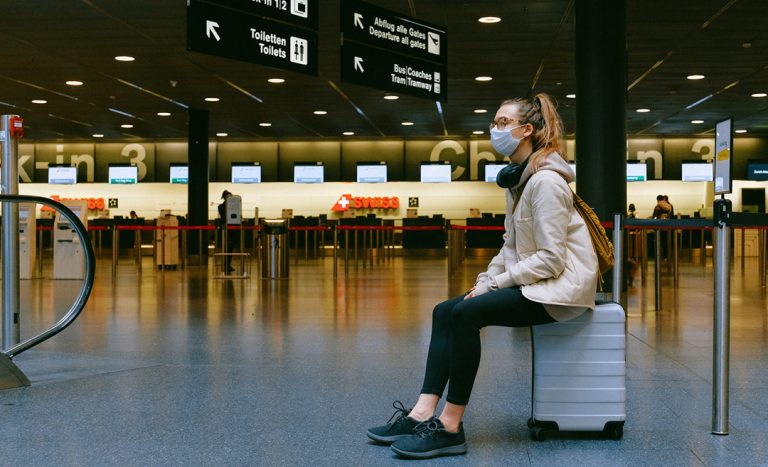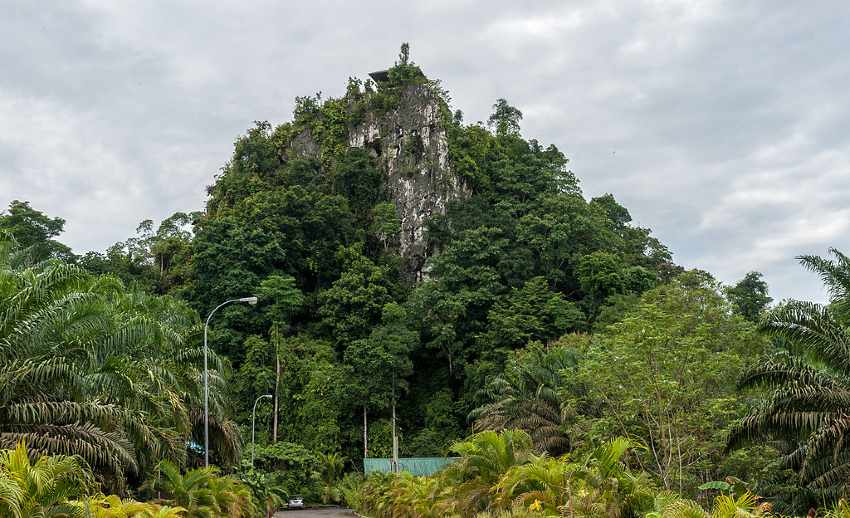As many parts of the world continue to battle COVID-19 outbreaks and the emergence of new variants, some leaders have paused the reopening process and announced new constraints on travel and gatherings, prompting total closure to tourists from certain countries. But, at the same time, other countries are easing their restrictions.
The United Nations World Tourism Organization (UNWTO) has criticised the imposition of broad travel restrictions, as seen in recent days. A similar sentiment was expressed by UNWTO members during this week’s general session in Spain.
Countries from all over the world have shown their support for southern African states, calling for the quick lifting of travel bans placed on certain countries and the protection of international travel freedom.
Considering recent events, the UNWTO has warned governments that imposing blanket travel restrictions is discriminatory, inefficient, and contrary to WHO recommendations. Countries or entire regions may be stigmatised as a result of blanket bans. Members states and partners, including voices from international organisations and the private sector, reaffirmed WHO recommendations that travel restrictions should only be applied as a last resort in reaction to changing conditions during the UNWTO general assembly.
It was also emphasised that any constraints imposed must be proportionate, clear, and scientifically sound. They must also be introduced with a clear understanding of what banning international travel would imply for the most vulnerable, such as developing nations and individuals whose economies and livelihoods rely on tourism.
Since the outbreak of COVID-19, the UNWTO has advocated for coordinated and evidence-based methods to balancing public health issues with maintaining tourism’s lifeline.
This strategy has proven to be the most effective in recent months.
For all the latest news from the UNWTO:




